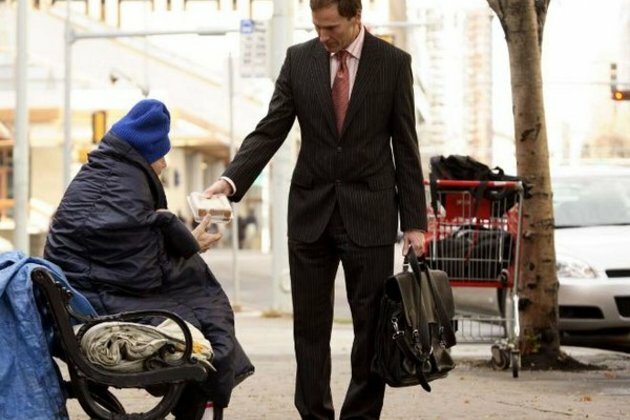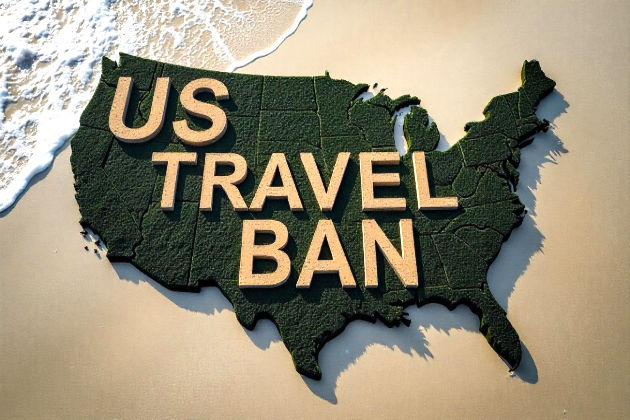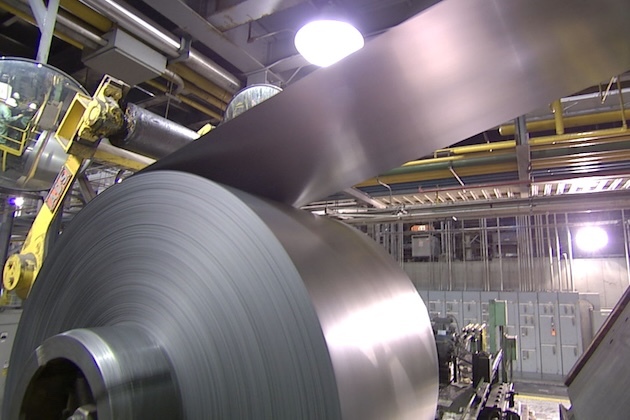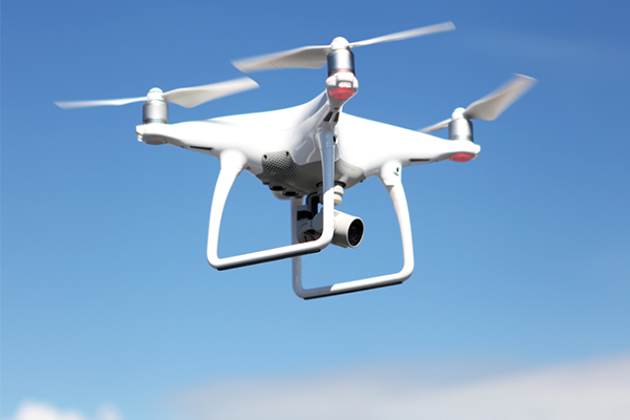People are selfish with masses and generous with individual
ANI
03 Aug 2021, 13:48 GMT+10

Zurich [Switzerland], August 3 (ANI): The general public in recent years has steadily lost their confidence in economic authorities, financial institutions, and particularly corporate managers. They think that economic actors will go to any length for-profits, which includes harming fellow human beings and large groups.
Yet, modern behavioural economics and psychology tell a completely different story. Laboratory data has shown that people willingly share monetary gains with others, dislike inequality, and are very often generous. Recent evidence shows that dishonesty levels as measured in certain laboratory tasks are surprisingly low. The message is that people are prosocial and, if given the opportunity, cheat just a little.
These findings have been published in the journal 'Nature Human Behaviour'.
How can both observations be simultaneously true? Are high-level economic actors simply different? To find out, Carlos Alos-Ferrer, NOMIS Professor for Decision and Neuroeconomic Theory at the University of Zurich and his team designed the Big Robber Game, an experimental setting with 640 participants in a standard student sample. Students were placed in groups of 32, where all subjects were engaged in some remunerated activity and earned the same amount of money.
Half of the participants, the robbers, were given the opportunity to anonymously steal half the earnings of the other 16 members of their group (and one of the 16 robber's decisions was actually implemented), which corresponded to more or less 100 Euros. But they could also steal less, say one-third, or one-tenth or nothing at all. So, what did they do?More than half of all robbers went to the extreme and took the maximum possible, which was half of the earnings of all others. Over 80 per cent took one-third or more and almost nobody declined to rob. The students revealed an overwhelming willingness to inflict significant monetary harm to a large group of others. Furthermore, the decision to take the maximum was taken on average more quickly than the decision to refrain from it, revealing a weaker moral struggle in the former case.
However, the very same study participants displayed predominantly prosocial behaviour in standard bilateral games. When asked how they wanted to split 10 Euros with just one other participant, they voluntarily transferred some money, even when the other person was powerless to retaliate if no money came. In general, their actions revealed that they disliked inequality.
"Thus, the very same people displayed selfishness in the large high-impact decisions affecting a large group and generosity in the small bilateral, low-stakes interactions", Alos-Ferrer resumes. "This behaviour arose spontaneously within our student population, with no significant differences due to gender or field of studies. Therefore, there is no need for arguments about high-level economic actors being different. The roots of corporate scandals seem to be in all of us."The finding that people behave selfishly toward a large group while being generous toward individuals suggests that harming many individuals might be easier than harming just one, in line with existing evidence that people are more willing to help one individual rather than many.
According to the authors, the study also reflects the tradeoff between personal gain and other-regarding concerns: When facing an individual in a bilateral game, appropriating a given monetary amount can result in a large interpersonal difference.
When appropriating income from a large group of people, the same personal gain involves a smaller percentual difference, and hence it is more likely to offset the inequality aversion. Alos-Ferrer: "In economically relevant situations, many human decision-makers might be willing to inflict significant harm on a relatively large number of people for personal gain, as long as that gain is of sufficient magnitude. Even more strikingly, in Western societies, 100 Euros might already be enough." (ANI) Share
Share
 Tweet
Tweet
 Share
Share
 Flip
Flip
 Email
Email
Watch latest videos
Subscribe and Follow
Get a daily dose of Argentina Star news through our daily email, its complimentary and keeps you fully up to date with world and business news as well.
News RELEASES
Publish news of your business, community or sports group, personnel appointments, major event and more by submitting a news release to Argentina Star.
More InformationInternational
SectionDelta Jet's wing strikes runway during rough landing at LaGuardia
NEW YORK CITY, New York: A Delta Air Lines plane's wing hit the runway at LaGuardia Airport during a rough landing over the weekend....
Amid measles outbreak, cases in Texas, New Mexico climb to 317
AUSTIN/SANTA FE: Measles cases in Texas and New Mexico increased to 317 on March 18, up from 294 four days earlier, as the U.S. faces...
US weighs broad travel ban covering dozens of countries
WASHINGTON, D.C.: The Trump administration is considering strict new travel restrictions for citizens of dozens of countries, according...
US: Maine violated federal law by allowing transgender girls in sports
WASHINGTON, D.C.: The Trump administration announced this week that Maine's education officials violated federal law by allowing transgender...
Some states still under watch for wind and potential tornadoes
NEW YORK CITY, New York: Severe storms and tornadoes continued to threaten parts of Pennsylvania, New York, and several Mid-Atlantic...
United Nations building in Gaza destroyed, 1 dead, 5 injured
As Israeli tanks rolled into Gaza on Wednesday heralding a new ground invasion, a UN building was destroyed in a bombing, killing one...
Business
SectionIsraeli government asks Musk to submit tender on vehicle-provisioning
Elon Musk's Teslas' are in the running to take over the transport of Israel's government officials. Musk's company, Tesla Inc., has...
Trump seeks delay in US Steel-Nippon legal fight, talks ongoing
WASHINGTON, D.C.: The Trump administration is seeking a delay in the legal battle between U.S. Steel and Nippon Steel over their blocked...
U.S. stock markets on the defensive Thursday
NEW YORK, New York - U.S. stocks were on the defensive Thursday as investors and traders weighed the Fed's policy decision of a day...
US expands LNG infrastructure, boosts capacity by 17.8 Bcfd
WASHINGTON, D.C.: The expansion of U.S. natural gas infrastructure in 2024 significantly boosted the country's ability to transport...
Audi to cut 7,500 jobs in Germany by 2029 in cost-cutting move
BERLIN, Germany: Audi has announced plans to cut up to 7,500 jobs in Germany by 2029 as part of a broader restructuring aimed at reducing...
FAA to propose new rules for expanding drone deliveries
SEATTLE/WASHINGTON D.C.: U.S. Transportation Secretary Sean Duffy said last week that the Federal Aviation Administration (FAA) is...













